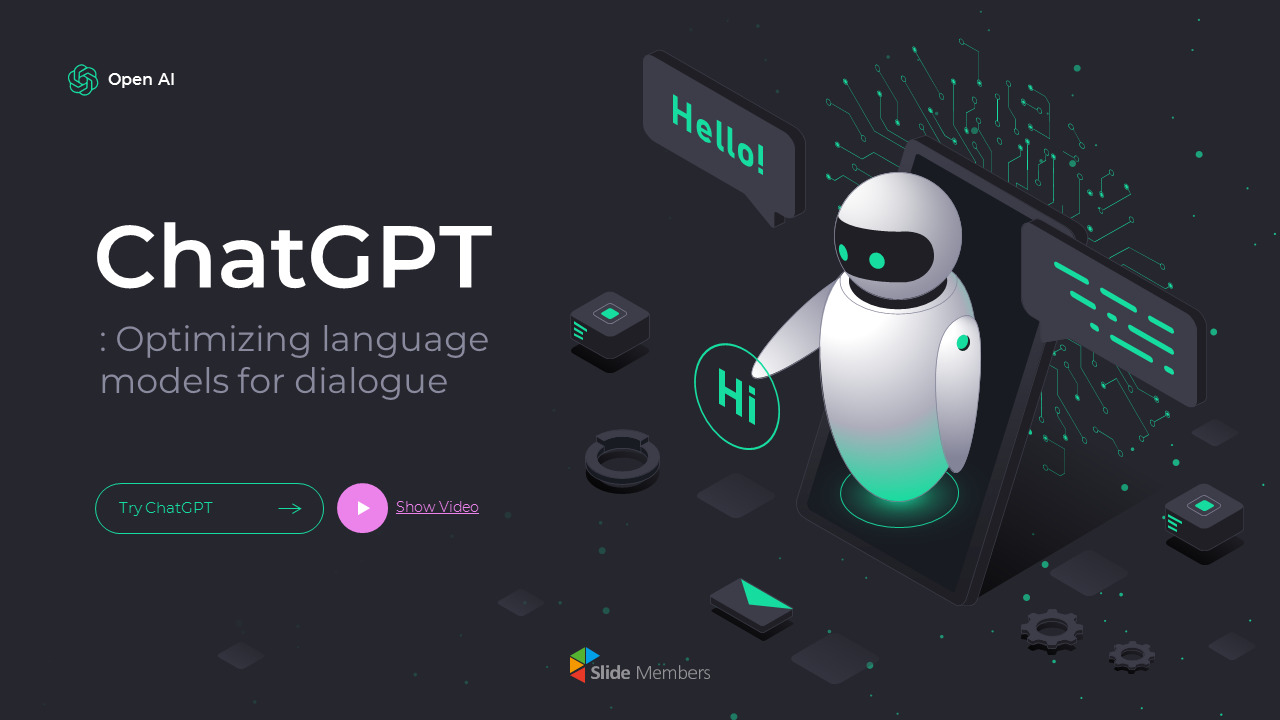In the era of rapidly advancing technology, artificial intelligence (AI) has emerged as a powerful tool with transformative potential. ChatGPT, an AI language model developed by OpenAI, has gained significant popularity for its ability to generate human-like text. Anything and Everything can be answered via this Open AI software, but is it safe enough to let such a under-development project have access to some crucially private information of its users.
In a short period, ChatGPT has rapidly gained popularity, becoming widely recognized. This AI chatbot is now widely employed in diverse industries due to its intelligent and human-like conversational capabilities. Presently, ChatGPT boasts a user base of over 100 million individuals, with its numbers continuously expanding as more people sign up for this innovative tool.
The question becomes viable as recently in a research report of Singapore, it has come to limelight that more than a lakh accounts have been compromised in the Asia-Pacific region, especially affecting India and Pakistan. According to the research findings, cybercriminals employed “info-stealing malware” to illicitly acquire users’ ChatGPT credentials. The cyber attack primarily targeted ChatGPT users located in Asia-Pacific region, resulting in a higher impact on this particular demographic.
Info stealers are a category of malicious software that illicitly extracts stored credentials from web browsers, encompassing sensitive information like bank card details, crypto wallet data, cookies, browsing history, and other pertinent data residing on compromised computers. Subsequently, this pilfered data is transmitted to the operator behind the malware.
However, this damage is still controllable , suggesting some ways in steps below-:
- User Awareness and Education: OpenAI should proactively educate users about best practices for online security, including the importance of strong passwords, two-factor authentication, and recognizing and avoiding phishing attempts.
- Enhanced Authentication Measures: biometric authentication, IP tracking, and behavioral analysis to identify and prevent unauthorized access to ChatGPT accounts.
- Collaboration with Cybersecurity Experts: OpenAI should collaborate with cybersecurity experts and organizations to leverage their expertise in identifying and addressing potential security loopholes in the system.
By taking proactive steps, OpenAI, users, and relevant stakeholders can collectively work towards minimizing the risks associated with ChatGPT account compromises and fostering a safer and more secure AI-driven landscape. Many countries in the world want to address the issue of increasing AI use, to regulate it U.K. has even initiated to be the new Silicon Valley, working as the geographical headquarters for its regulation. Also this would help to boost economy of the nation as the new PM Sunak have been working relentlessly over the former issue.
Talks by ChatGPT founder and CEO, Sam Altman have been also initiating the safe use of OpenAI, in the hearing of Capitol hill that there is a need of regulation of artificial intelligence when his poem writing chatbot stunned the entire world. Mr. Altman told legislators he was worried about the potential impact on democracy, and how AI could be used to send targeted misinformation during elections – a prospect he said is among his “areas of greatest concerns“.





